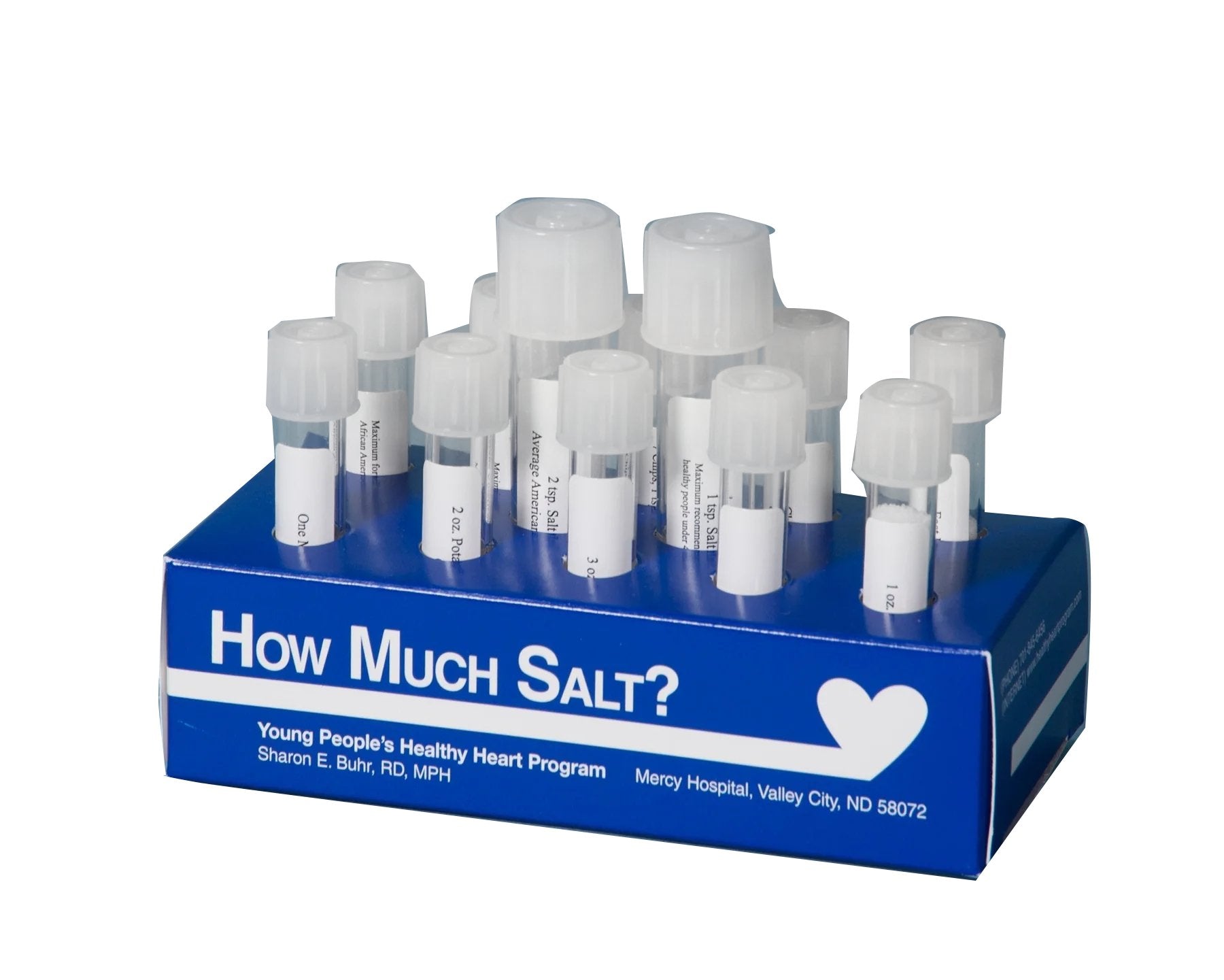Everyone’s mind right now if focusing on COVID-19. If you’re like me, you’re planning fewer trips to the grocery store and “stocking up” a little more while there.
Since I hadn’t been to the store in about a month our supply of fresh foods was gone. When we finally went to the store and I was thrilled to replenish and may have gotten a little carried away. I’m thinking I was on-the-edge of “over-purchasing” (hopefully that’s a step-down from a hoarder.) I’m working on using the food up and sharing some with neighbors, but I have a feeling that others may be in the same boat as me—uncertain of the future and also “eyes bigger than the refrigerator” while shopping.
This “shopping excitement” could lead to food waste or (even worse) a foodborne illness that could cause you to need a doctor or emergency room (not something any of us want to do right now).
11 of our “tried and true” food safety cautions are even more important to remember now:
- Get food into the refrigerator as soon as possible after shopping. I know some folks are thinking they should leave it in the garage for a couple of days, this may cause more problems with temperatures outside rising into the temperate danger zone.
- Check the temperature of your refrigerator. It should be below 40 degrees F. But keep it higher enough not to freeze your lettuce and other fresh foods.
- Don’t overfill the refrigerator. Allow for air circulation. Practice FIFO in your refrigerator—First In, First Out.
- Wash your hands before beginning to cook. Most folks are getting better at this.
- Wash the kitchen countertop before you begin to cook. If you have a cause-for-concern you might want to sanitize or disinfect the work surfaces in addition to cleaning.
- Store fresh meat and poultry in a pan on the bottom of the refrigerator so it won’t drip onto fresh fruits and vegetables that won’t be cooked. Sealed containers are the most ideal type to use for raw meat, poultry, and fish.
- If you’re doing bulk purchasing of fresh meat or chicken be sure to take care—mishandling of these foods has been linked to foodborne illnesses in the past. Avoid getting the juices in your vehicle or on other foods, utensils, countertops, and other kitchen surfaces. Freeze what you can’t use within 7 days.
- Remember meat and poultry should be cooked to the minimum recommended internal temperature. Chicken should be cooked to 165 degrees F, ground beef to 155 degrees F and whole cuts of beef and pork to 145 degrees F. Use a thermometer to check temps—don’t guess.
- After cooking and eating be sure to put any leftovers into the refrigerator as soon as possible.
- If you’ve “over-purchased” fresh fruits and vegetables consider freezing or preserving them for future use. The National Center for Home Food Preservation has research-based instructions at https://nchfp.uga.edu
- If you have “over-purchased” canned foods that you won’t be able to use, check with your local food bank or food pantry, they may be in need of replenishment.
Cheryle Jones Syracuse, MS
Professor Emeritus, The Ohio State University

Poster Easel For Table Top Display
$29.00 $0.00
Add to Cart

Poster Frame 12X18 $24.95 Add to Cart

Poster Frame 18X24 $24.95 Add to Cart

Salt Test Tubes
$58.00 $65.00
Add to Cart
New Products Available Now
Check out the Nutrition Nuggets page which features over 20% off three special products each week.
Connect with us on Google Plus















